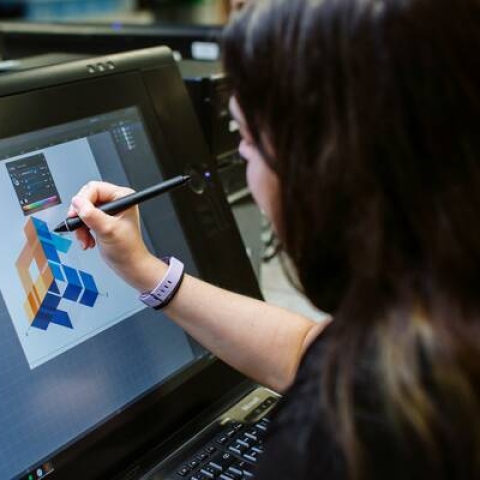
This career guide is designed to help University of Portsmouth students and recent graduates explore job options, key employers, and entry routes into the Digital Media sector.
A wealth of new, innovative career paths in Digital Media are opening up that are great options for recent graduates or for someone looking to make a career change. Digital Media encompasses a lot of different functions: marketing, consultancy, PR, writing/publishing, social media, innovation or technology. This is a promising area with a wide range of potential jobs.
Explore the Digital Media Career Guide
Getting started in digital media
Take the first steps to researching a career within digital media.

Gaining experience in digital media
Find out how to gain work experience in the industry during your studies.

Finding a job in digital media
Explore different ways you can secure employment after you graduate.

Enable University alerts
Turn on notifications for critical updates like closures, safety alerts, and urgent service disruptions.






